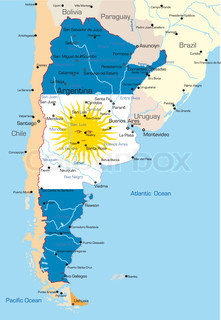Alliances and discourses around the construction of a hegemonic consensus.
The Argentine Catholic Church's role in the crisis and exit of the convertibility regime (1999-2002) Gustavo Motta fortæller om sine studier af Den katolske Kirke i Argentina, i forbindelse med ekstra frokostmøde ved Center for SamtidsReligion.
Oplysninger om arrangementet
Tidspunkt
Sted
Lokale 212, bygning 1442
Arrangør

Abstract
Along with the tragic and unprecedented social scene, whose origin refers to the economic policies of the last military dictatorship, during the crisis and exit from the convertibility regime, we witnessed the political clash between two dominant sector blocks around the building of a consensus concerning the interpretation of the crisis. Some authors regard the "Catholic Church" as ‘another agent’ in that symbolic conflict. However, we do not have an exhaustive analysis of what the Church exactly ‘said’ and ‘did' in that context. Therefore, some questions arise: What was the hegemonic interpretation of the episcopalhierarchy about the convertibility crisis? How were the political and economic fields and the practices of their agents conceived? What assumptions were present in its speech so as to establish itself as a legitimate agent of intervention in the earthly world? Would it be correct to characterize the bishops members of the AEC's (Argentine Episcopal Conference) as "contenders" of the economic or political field amidst a dispute taking place in these fields? Hence, reducing its vast heterogeneity to another -Argentine Episcopal Conference-, our aim is to contribute to, deepen and problematize, within the field of economic sociology, the complex ideological framework that worked behind the collective construction of the episcopal speeches in the context of the crisis and the exit from the convertibility regime.
